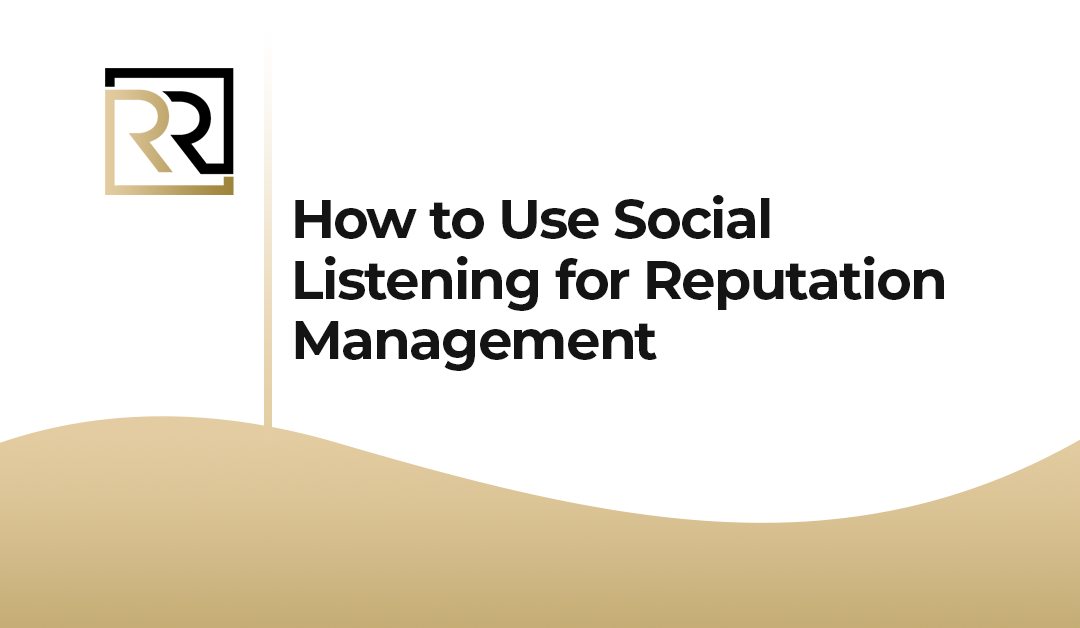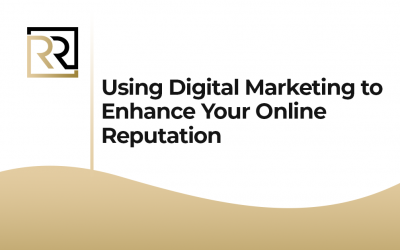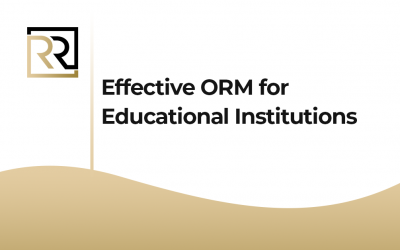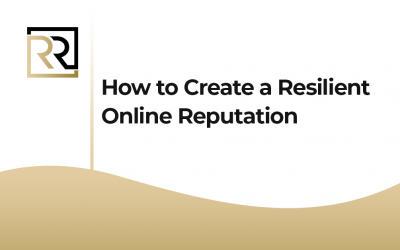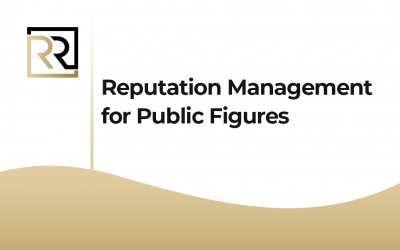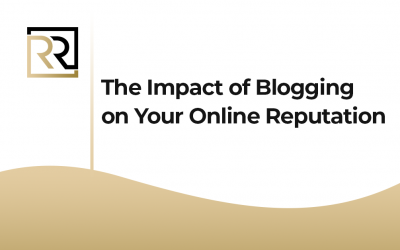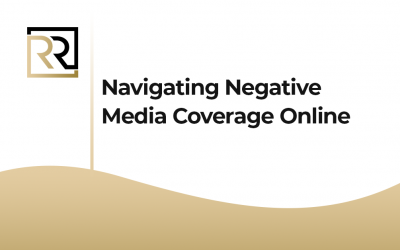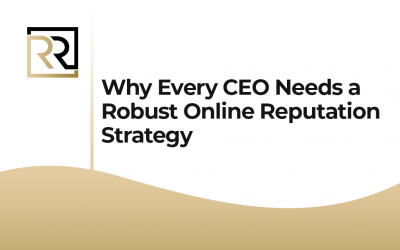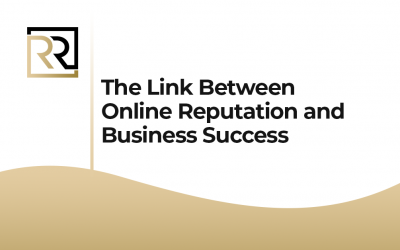Social Listening for Reputation Management
Reputation Management: A Comprehensive Guide on Harnessing Social Listening.
Further, Social listening, is a powerful aspect of online reputation management, allows businesses to tune into online conversations, gaining valuable insights and effectively steering their brand narrative. Therefore, in this comprehensive guide, we will explore the strategic use of social listening for reputation management. Also, providing actionable insights for businesses looking to navigate the dynamic world of online perception and google reputation management.
Understanding Social Listening and its Impact on Reputation Management
- What is Social Listening? Social listening, also known as social media monitoring, involves tracking online conversations to understand what people are saying about a brand, product, or industry. Furthermore, it goes beyond monitoring direct mentions and includes analyzing sentiments, identifying trends, and gaining a holistic view of the online landscape.
- The Impact on Reputation Management: Reputation management is no longer a reactive process. Thus, social listening transforms it into a proactive strategy, allowing businesses to detect potential issues, identify opportunities, and engage with their audience in real-time. Moreover, by tuning into social conversations, businesses can actively shape their brand perception and respond swiftly to emerging trends.
Strategies for Effective Social Listening in Reputation Management
- Define Your Objectives: Thus, before embarking on social listening, clearly define your objectives. Whether it’s monitoring brand mentions, tracking sentiment, or identifying influencers, having specific goals will guide your social listening strategy and ensure meaningful insights.
- Select the Right Tools: Numerous social listening tools are available, each offering unique features. Therefore, choose a tool that aligns with your objectives and budget. For example, popular options include Brandwatch, Hootsuite, and Mention. Thus, these tools allow you to track brand mentions, analyze sentiment, and identify key trends in real-time.
- Identify Relevant Keywords: Further, to effectively monitor online conversations, identify and track relevant keywords associated with your brand, industry, and competitors. What’s more, this includes your company name, product names, industry terms, and any specific hashtags or phrases relevant to your business.
- Monitor Multiple Platforms: Social conversations occur on various platforms, from Twitter and Facebook to forums and blogs. Therefore, expand your social listening efforts to cover a broad spectrum of platforms where discussions about your brand may take place. Hence, this ensures a comprehensive understanding of your online presence.
- Understand Sentiment Analysis: Sentiment analysis is a crucial component of social listening. Hence, it helps you gauge the overall tone of conversations—whether they are positive, negative, or neutral. Also, advanced social listening tools use machine learning to provide accurate sentiment analysis, allowing you to respond appropriately to different types of mentions.
- Track Industry Trends: Further, stay ahead of the curve by monitoring industry trends. Social listening can provide insights into emerging topics, consumer preferences, and competitive strategies. Also, by incorporating these trends into your brand strategy, you can position your business as an industry leader.
Real-Time Crisis Management with Social Listening
- Early Detection of Issues: Social listening enables businesses to detect potential issues early on. Therefore, by monitoring brand mentions and sentiments, you can identify emerging problems before they escalate. Hence, this early detection allows for a proactive response, minimizing the impact on your brand reputation.
- Swift Response: In the event of a crisis, a swift response is crucial. Furthermore, social listening allows you to respond in real-time, addressing concerns, clarifying misinformation, and demonstrating your commitment to resolving issues. Thus, this proactive approach helps rebuild trust and mitigate reputational damage.
- Monitor Competitor Activity: Social listening is not only about tracking your brand but also about understanding your competitive landscape. Therefore, monitor your competitors’ online presence to identify potential opportunities, stay informed about industry developments, and gain a comparative advantage.
Building a Positive Brand Image through Social Listening
- Identify Brand Advocates: Social listening helps identify brand advocates—individuals who speak positively about your brand. Moreover, engage with these advocates, acknowledge their support, and encourage them to share their positive experiences. What’s more, their advocacy can significantly contribute to building a positive brand image.
- Engage with Your Audience: Actively engage with your audience on social media. Respond to comments, address concerns, and participate in relevant conversations. Further, by demonstrating a genuine interest in your audience, you enhance your brand’s likability and foster positive relationships.
- Leverage Positive Mentions: Identify and leverage positive mentions of your brand. For example, share positive testimonials, reviews, and user-generated content on your official channels. Besides, this not only showcases your brand’s positive image but also encourages others to share their favorable experiences.
Optimizing SEO with Social Listening Insights
- Identify Relevant Keywords for SEO: Social listening provides valuable insights into the language and keywords used by your audience. Use these insights to optimize your website and content for relevant keywords. Ultimately, this alignment between social listening and SEO efforts enhances your online visibility.
- Content Strategy Enhancement: Social listening forms your content strategy by revealing the topics and themes that resonate with your audience. Therefore, create content that aligns with these insights to drive engagement and enhance your online reputation. Further, this approach not only attracts a larger audience but also reinforces positive brand perceptions.
Conclusion: Social Listening for Reputation Management
Further, in an era where digital conversations shape brand perceptions, social listening has become an indispensable tool for effective reputation management. Therefore, by strategically harnessing social listening, businesses can proactively manage their online reputation, detect and address issues in real-time, and actively shape a positive brand image. So, as the digital landscape continues to evolve, integrating social listening into your overall reputation management strategy is key to staying ahead and thriving in the dynamic world of online perception.
Services
Our Services
Search Engine Content Removal
Social Media Content Removal
Positive Content Creation
Online Reviews Optimization
Search Results Optimization
Learn
Our Blog
Using Digital Marketing to Enhance Your Online Reputation
Using Digital Marketing to Enhance Your Online Reputation In today's digital-centric world, where online presence is paramount, leveraging digital marketing to Enhance Your Online...
Effective ORM for Educational Institutions
Effective ORM for Educational Institutions Fundamentally, in today's digital age, where information is readily accessible and perceptions are shaped by online interactions, maintaining...
How to Create a Resilient Online Reputation
Resilient Online Reputation In today's digital era, where information travels at the speed of light and perceptions are shaped by online interactions, a resilient online reputation is more...
Reputation Management for Public Figures
Reputation Management for Public Figures For public figures, whether celebrities, politicians, or industry leaders, reputation management is not just a luxury but a necessity. Thus, in an age...
The Impact of Blogging on Your Online Reputation
Blogging and Your Online Reputation In the digital realm, where online presence holds significant weight, the impact of blogging and your online reputation cannot be overstated. Basically,...
Navigating Negative Media Coverage Online
Navigating Negative Media Coverage Online In today's digital age, negative media coverage online can spread rapidly across online platforms, potentially damaging the reputation of individuals...
Why Every CEO Needs a Robust Online Reputation Strategy
Why Every CEO Needs a Robust Online Reputation Strategy In today's digital age, robust online reputation strategy and online presence of CEOs has become increasingly influential in shaping...
The Dos and Don’ts of Responding to Online Criticism
The Dos and Don’ts of Responding to Online Criticism Nowadays, online criticism is an inevitable aspect of maintaining an online presence, whether you're an individual, a business, or a...
The Link Between Online Reputation and Business Success
Online Reputation and Business Success Online Reputation and Business Success go hand in hand. In today's digital era, where information flows freely and consumer choices are influenced by online...


